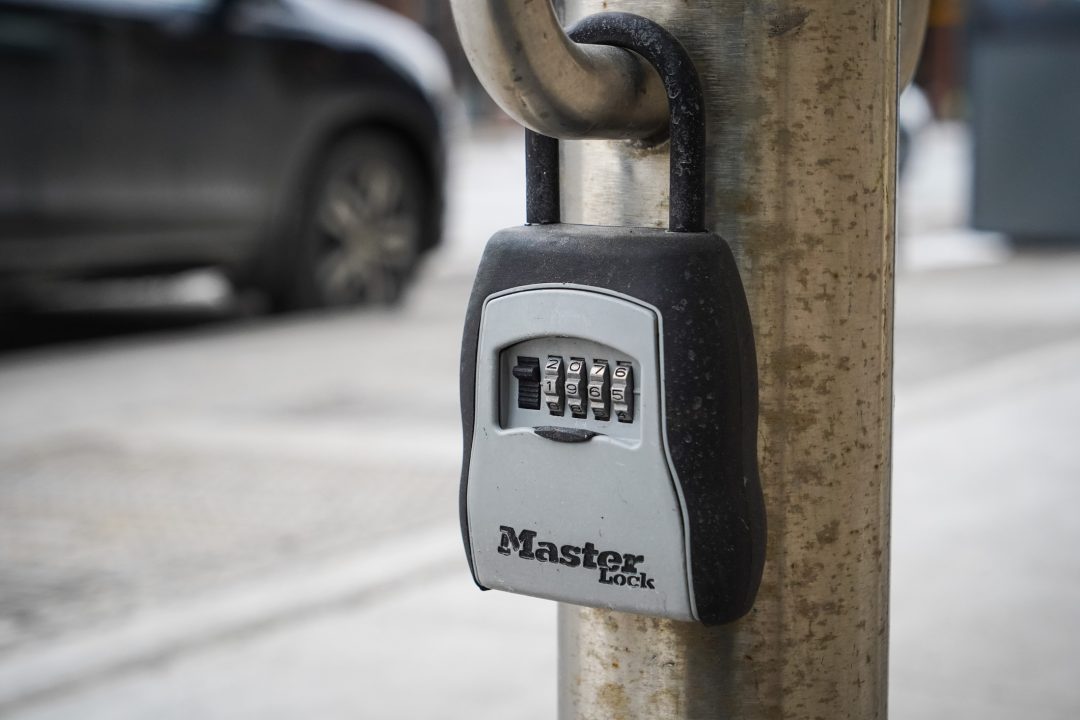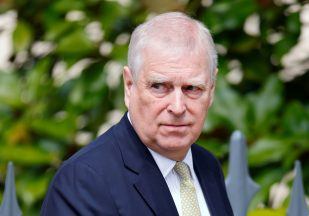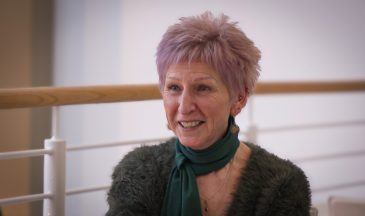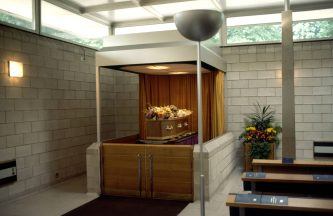Landlords in Scotland will be required to have licences for short-term property lets after MSPs backed a move to better regulate the sector.
It is in response to concerns over the impact of Airbnb-style properties on local communities, including in some areas; noise, anti-social behaviour and the supply of housing.
Under the change, local authorities will be required to establish a short-term lets licensing scheme by October 1, 2022.
Existing hosts and operators will then have until April 1, 2023 to apply for a licence.
All short-term let properties will require a licence by July 2024, with fees to be set by local authorities to cover their costs in establishing and administering the scheme.
MSPs backed the introduction of the regulations by 87 votes to 33 at the Scottish Parliament on Wednesday.
Housing secretary Shona Robison explained that local authorities will have flexibility in how the scheme is implemented.
“This legislation is a significant milestone on our path to bringing in an effective system of regulating short-term lets,” she said.
“Our licensing scheme will allow local authorities and communities to take action to manage issues more effectively, without unduly curtailing the many benefits of short-term lets to hosts, visitors and the economy.
“We have already introduced legislation allowing councils to establish short-term let control areas and manage numbers of short-term lets.
“This is the next step to delivering a licensing scheme that will ensure short-term lets are safe and that allowing them to continue to make a positive impact on Scotland’s tourism industry and local economies while meeting the needs of local communities.
She added: “This legislation covers the whole of Scotland, including island and rural communities, and offers flexibility to local authorities in how it is implemented based on local needs and concerns.”
Scottish Conservative MSP Miles Briggs spoke against the move as it was set for its final legislative hurdle, claiming he was not against curbs, but would prefer a registration scheme.
“Given the impact that the pandemic has had, we should be mindful of the unintended consequences and the potential negative impact which these new regulations will have on already fragile tourism businesses,” he said.
“What is concerning is that the views of this sector has not been taken on board and a workable solution which has been put forward in the form of the registration scheme has been put to one side by SNP ministers.”
Scottish Land and Estates, which has consistently been against the regulations, said it was “extremely disappointed” by their passage.
“While we understand the need for action in some localised situations, we have constantly warned of the dangers of a one size fits all approach,” said Simon Ovenden, the group’s policy adviser.
“This urban-focused licensing order being imposed on rural Scotland, with evidence suggesting that the excessive bureaucracy and spiralling costs could now lead to many businesses closing with a knock-on impact to the local communities they serve.
“This is particularly disappointing given the significant difficulty rural businesses have faced during the last two years.”
Follow STV News on WhatsApp
Scan the QR code on your mobile device for all the latest news from around the country


 iStock
iStock


























